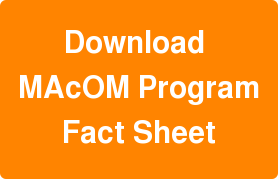
The reason why most people choose to go into the field of Integrative Medicine and attend school at AOMA Graduate School of Integrative Medicine may not be what you think. More often, it is not about the money or the title. In actuality, people are choosing this field because, as acupuncturists and integrative medicine practitioners, they have a fantastic opportunity to connect with their patients on a deeper level than most medical professionals. Needling is only a very small part of what we learn in school and an even smaller part of an acupuncturist’s practice.
Needling is part of the yang portion of our studies- the part of physically doing something, of direct intervention. However, it is my opinion that the yin side of our studies here at AOMA may be the more interesting of the two. The yin nature of a practice – what goes on beyond the needles, is about nurturing; it is about presence and solidness. Yin is the substance with which yang can be utilized. Practitioners of Traditional Chinese Medicine know that one cannot have yang without yin; there has to be a balance of both within the body and within any good medical practice. Therefore, here at AOMA we learn and practice how to bring the yin into our practice.
Every Friday morning of the summer term of 2015, Rupesh Chhagan leads his Clinic Communication class in a mind-body practice – a series of qigong movements, followed by a guided meditation. Only after the students have taken the time to check in with their own wellbeing through movement and deep inner connection can class lecture begin. But class lecture in Clinic Communication is anything but a lecture.
As a practitioner of Hakomi, a form of mindfulness-centered somatic psychotherapy, Rupesh believes that the body is a gateway of the unconscious mind. The body reflects what is happening internally- emotionally, spiritually, and physically. In Clinic Communication class, Rupesh reminds his students that that their patients have individual feelings, emotions, beliefs, and thoughts, and they are not just a set of symptoms and complaints in the clinic.
Instead of being instructed on how to act in the clinic setting, students are asked to actively participate in listening exercises. Instead of formulating their next response and interjecting their ideas immediately, listening students are asked to embody the idea of “the person sitting in front of me is an inspiration to me." They practice feeling what real listening is like, what it looks like. Each of the students in the classroom teams up with another student and they each present the other with a mild problem they are experiencing in their lives while the other student listens. They are not just practicing listening, but they are learning to actually hear what the other student is saying and feeling. In Traditional Chinese Medicine, you learn to “listen with your whole body” and at AOMA you learn to embody loving presence, you learn to see your patients and those you listen to as inspirations for you.
If there is one thing to take away from the Clinic Communication course with Rupesh, it is that even when we feel that we have nothing in common with another person, we always share the human experience. Patients are people. We all have our own set of beliefs, emotions, histories, and thoughts but we are all so similar. We are all in search of balance. As acupuncturists, it is our job to find our own sense of balance so that we can help our patients find theirs. We practice listening to our patients and in turn, they inspire us. We are not just needling - we are connecting with our fellow human beings, our brothers and sisters as student interns and one day as practitioners. Through empathic listening along with mindfulness in providing treatment, yin and yang are balanced.




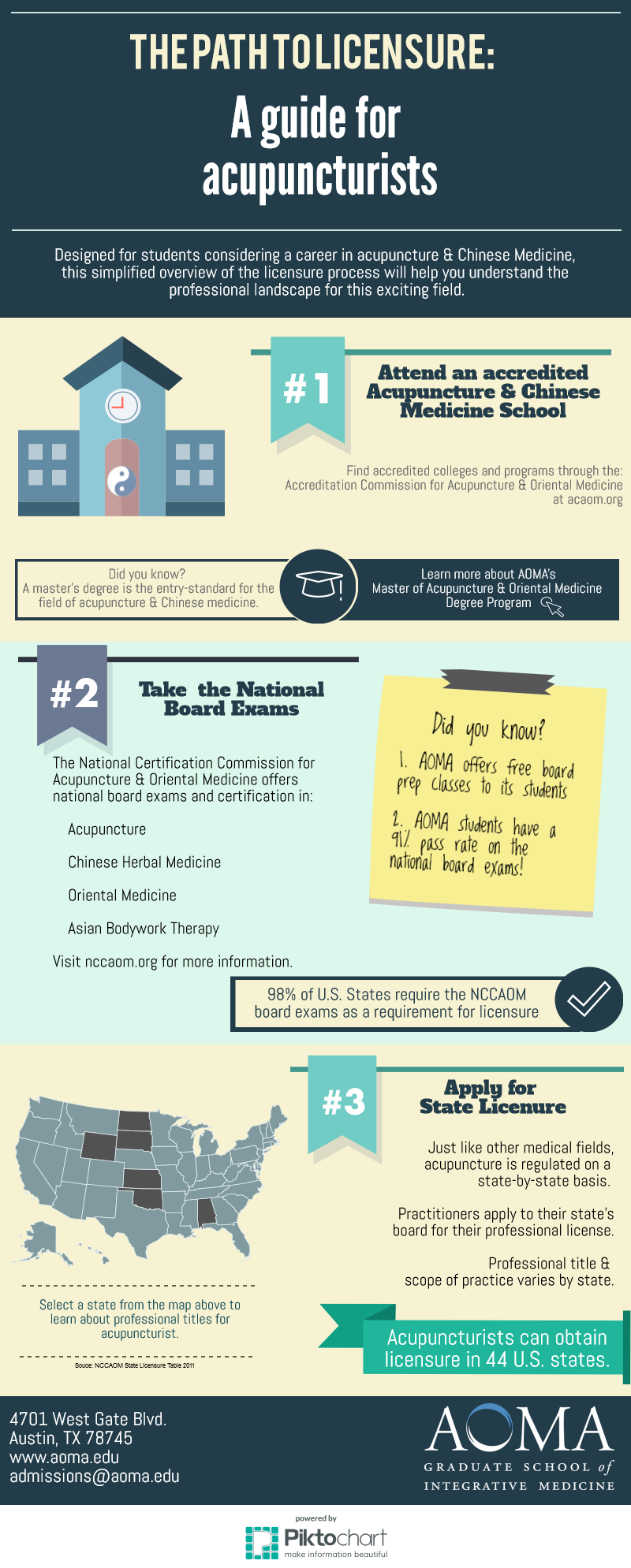



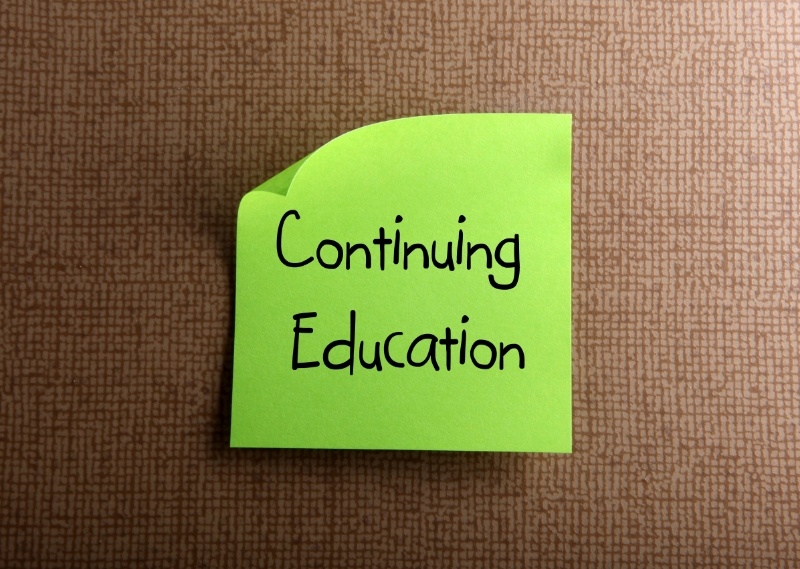

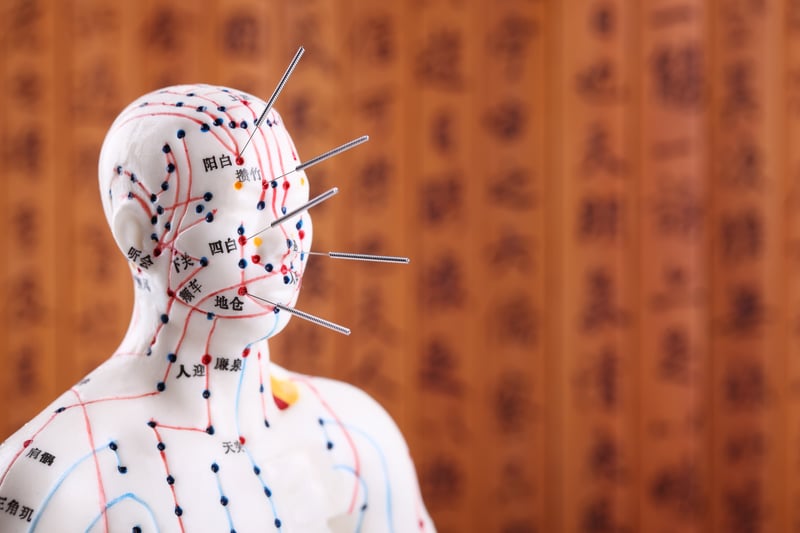



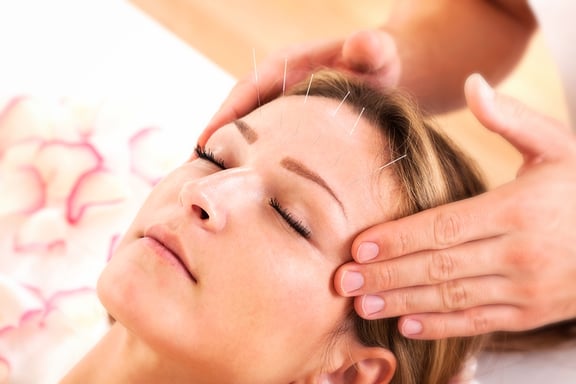


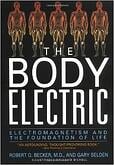 1. The Body Electric: Electromagnetism and the Foundation of Life
1. The Body Electric: Electromagnetism and the Foundation of Life 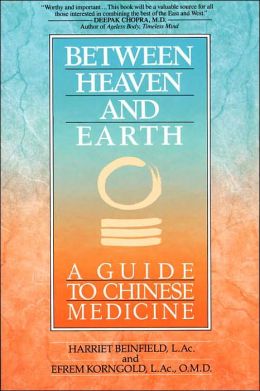
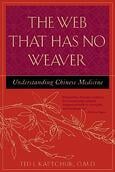 3.
3. 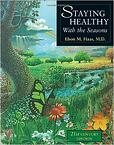 4. Staying Healthy with the Seasons
4. Staying Healthy with the Seasons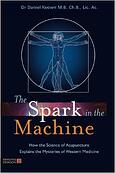 5. The Spark in the Machine: How the Science of Acupuncture Explains the Mysteries of Western Medicine
5. The Spark in the Machine: How the Science of Acupuncture Explains the Mysteries of Western Medicine